Faith and Democracy goes together!
Indonesien. Fotograf: Hilda Weges
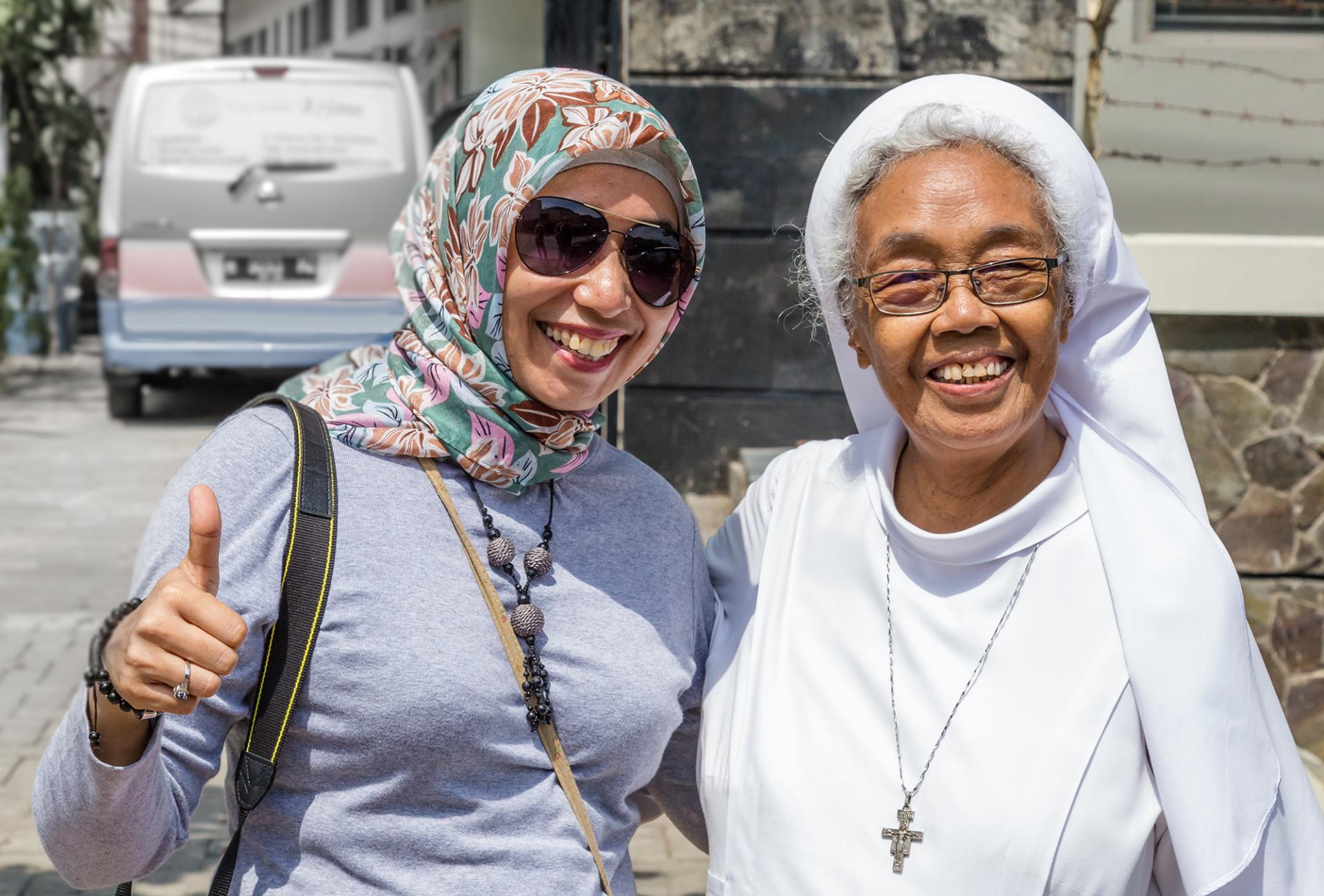
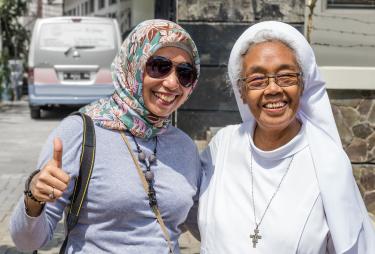
Human rights are fundamental to any democratic society. Grounded in our Christian values, we recognise every human being as created in the image of God, with equal and inherent dignity. We are committed to ensuring that all people can enjoy their rights and that democracies are strengthened, especially at a time when these values are increasingly under threat.
A strong civil society is essential for an inclusive democracy, where everyone, regardless of gender, religion, or background, can claim their rights. Our network, both in Sweden and internationally, works to protect and expand the space for democracy and for freedom of religion or belief.
We believe that civil society is key to resilient democracies. That is why we seek to strengthen the role of faith-based actors in building a sustainable, peaceful, and just society—one in which all people can participate democratically and practise their faith freely.
A Religious World
SMC has particular expertise in how Freedom of Religion or Belief intersects with other human rights, democracy, and the goals of Agenda 2030. We also bring specialist knowledge in what we refer to as religious literacy.
Our work focuses on bridging divides and addressing conflicts of rights—especially in contexts where religion is perceived to be in tension with other rights, such as gender equality or the rights of LGBTQI people.
By practising religious bilingualism—communicating in both religious and rights-based terms—we help to build bridges between different perspectives and foster greater understanding in complex or sensitive environments. As such, religious literacy is highly relevant for anyone working in international development cooperation, conflict resolution, or social and humanitarian work.
In our work on faith and democracy, we contribute to:
- Increased understanding of human rights in their entirety.
- Greater awareness of how religious literacy can enhance international development cooperation.
- Insight into how conflicts between rights can be addressed and managed.
- Knowledge of the intersection between Christian theology and human rights, which SMC refers to as bilingualism.
- Practical tools for those working with democracy, human rights, and Agenda 2030, to strengthen their religious literacy and promote a local culture of freedom of religion or belief for all, alongside legal and political accountability.
- Knowledge and analysis of the democratic space within international development cooperation. What SMC calls bilingualism.
- Tools for how everyone working with democracy, human rights and Agenda 2030 can increase their religious literacy and work for a local culture of freedom of religion and belief for all, as well as legal and political accountability.
- Knowledge and analysis of democratic space in international development cooperation.
Report
FORB and SOGIE rights
In this report from 2023, human rights experts uncover the relationship between FORB and SOGIE rights from perspectives of human rights law, UN-politics and some practical implications for faith-based development actors.
Report
Claiming Space for Faith
In this report, faith based organisations and secular civil society organisations in our network from 29 countries share their experience of violations of both civic space and freedom of religion or belief.
Course on Fabo
Gender Equality and Freedom of Religion
Many people see a conflict between women’s rights and religious rights. In this course on Fabo we explore how they actually belong together and can strengthen each other.
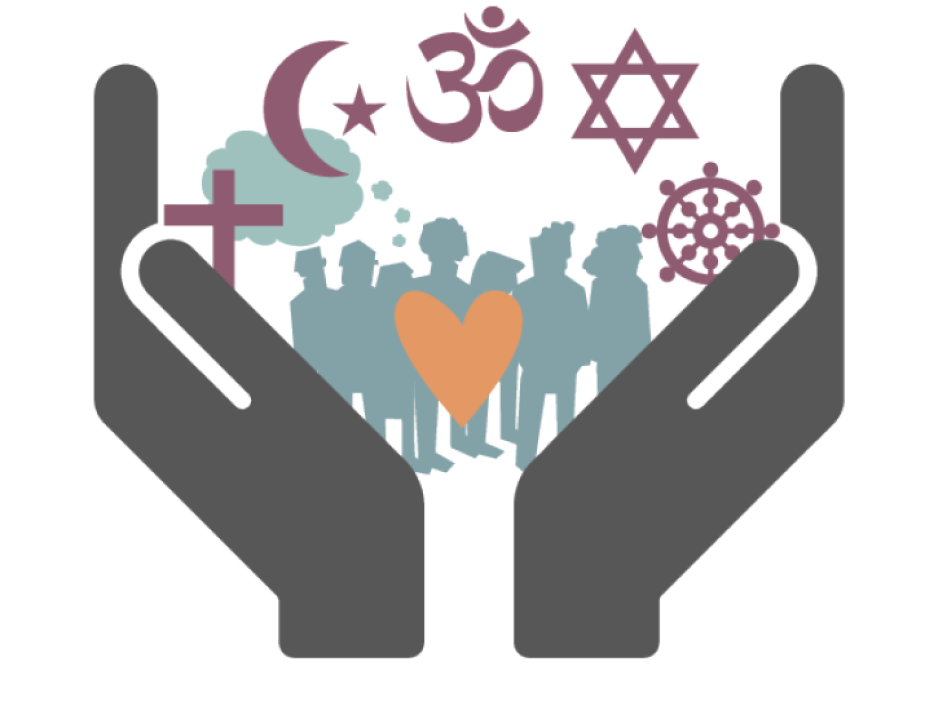
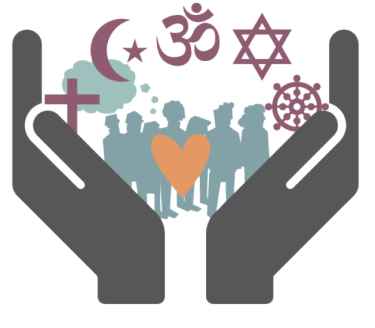
Register for the course
Christian Theology and FORB
The Christian faith has a long and complex history when it comes to religious freedom. Although Christian institutions have sometimes contributed to restricting religious freedom, Christian theology has also played a crucial role in the struggle for human rights and justice. This course highlights both the challenges and opportunities within Christian theology when it comes to the development of religious freedom as a universal right.
To access the course, you must register for a free account at fabo.org. After registering, you can find the course Christian Theology and FORB by searching for Theology FORB SMC on the website.
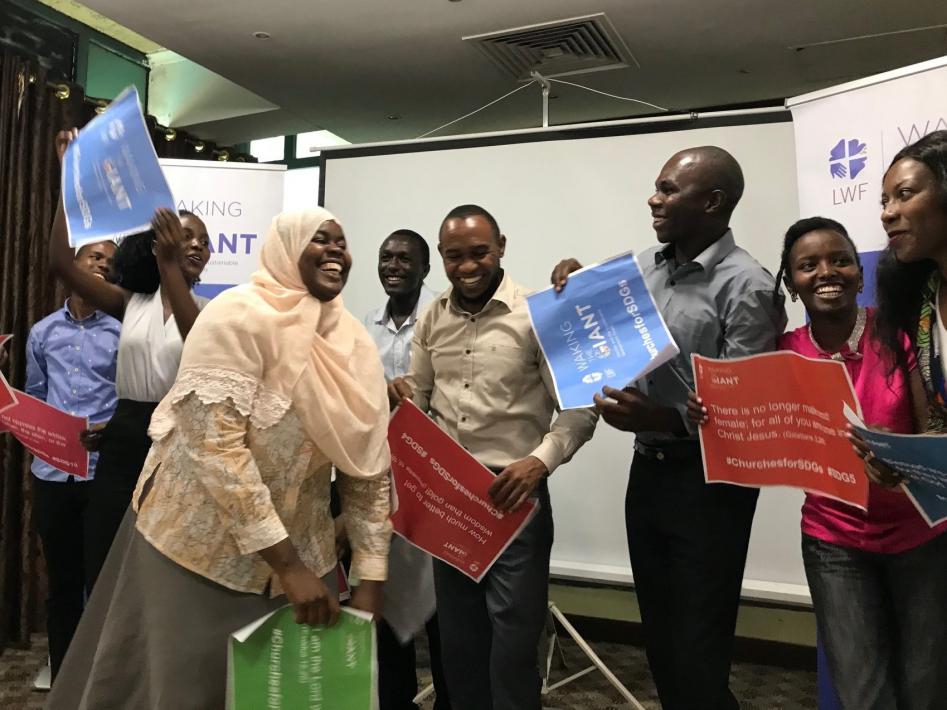
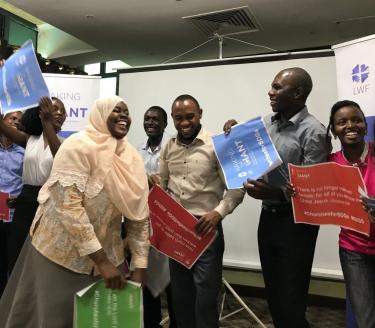
Religious literacy
Who Cares About Religion?
Everyone working in international development cooperation, in conflict situations, or involved in social or humanitarian work, need knowledge about the role of religion in the particular context in order to do a good job. We know where you can start.
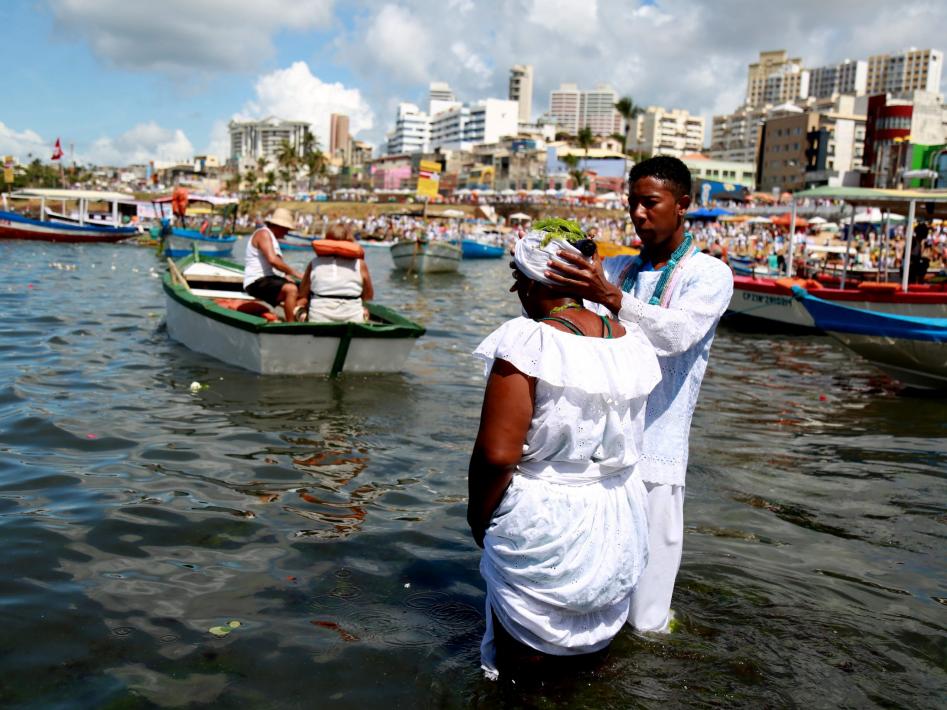
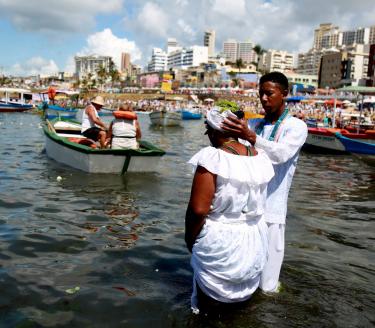
Freedom of Religion or Belief
What is freedom of religion or belief?
Freedom of religion or belief is a human right that gives every person the right to have, to change, or to leave his or her religion or belief. We are experts on the right to FORB and offer both courses and online resources free to use for anyone who wishes to learn more.
Learn more about religous freedom
We are part of the FoRB Learning Platform where you can access free educational materials such as films and manuals to learn more about freedom of religion or belief.

